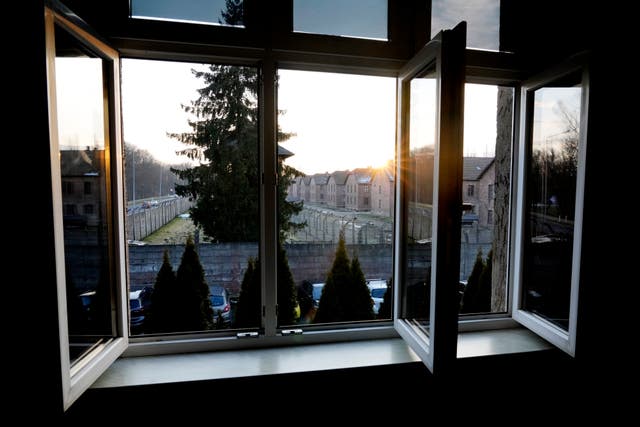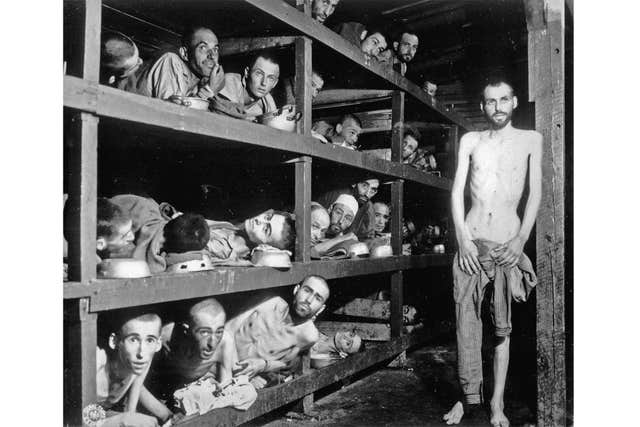Anti-extremism centre opens in former house of Auschwitz commandant Rudolf Hoss
The building opened to the public on the 80th anniversary of the liberation of the death camp.

The former home of Auschwitz commandant Rudolf Hoss has been transformed into a research centre devoted to fighting extremism, with the building officially opening to the public on the 80th anniversary of the liberation of the concentration camp.
The house, which sits beside the former death camp, belonged to a local military family before the invasion of Poland by Nazi forces in 1939.
It has since been acquired by the Counter Extremism Project, a non-government organisation that combats extremist groups by pressuring financial support networks, countering the narrative of extremists and their online recruitment, and advocating for stronger laws, policies and regulations around the world.

Counter Extremism Project CEO Mark Wallace said the opening of the home to the public is his dream, and those of our colleagues, is that every visitor, every fellow, and every academic that visits the Auschwitz site will be inspired to take action to fight extremism wherever they come from.
His group bought the house from a private family and is creating the Auschwitz Center on Hate, Extremism and Radicalization in the house.
It opened its doors to reporters on the eve of the anniversary commemorations, showing them the rooms in the three-story house that still need to be renovated.

The project is being launched in partnership with the Auschwitz-Birkenau Museum and under the patronage of Unesco with prominent architect Daniel Libeskind is also a collaborator.
The house was featured in the Oscar-winning film The Zone of Interest, which depicts the life of Hoss, his wife Hedwig and their five children in the house just next to the concentration camp.
As commandant from 1940 to 1944, Hoss orchestrated the industrial-scale slaughter at the camp, where gas was used to murder Jews.
He was tried by a Polish court and was executed by hanging at the site of the concentration camp in 1947.
The Auschwitz-Birkenau State Museum is holding observances on Monday for the 80th anniversary of the liberation of the camp by Soviet forces.





